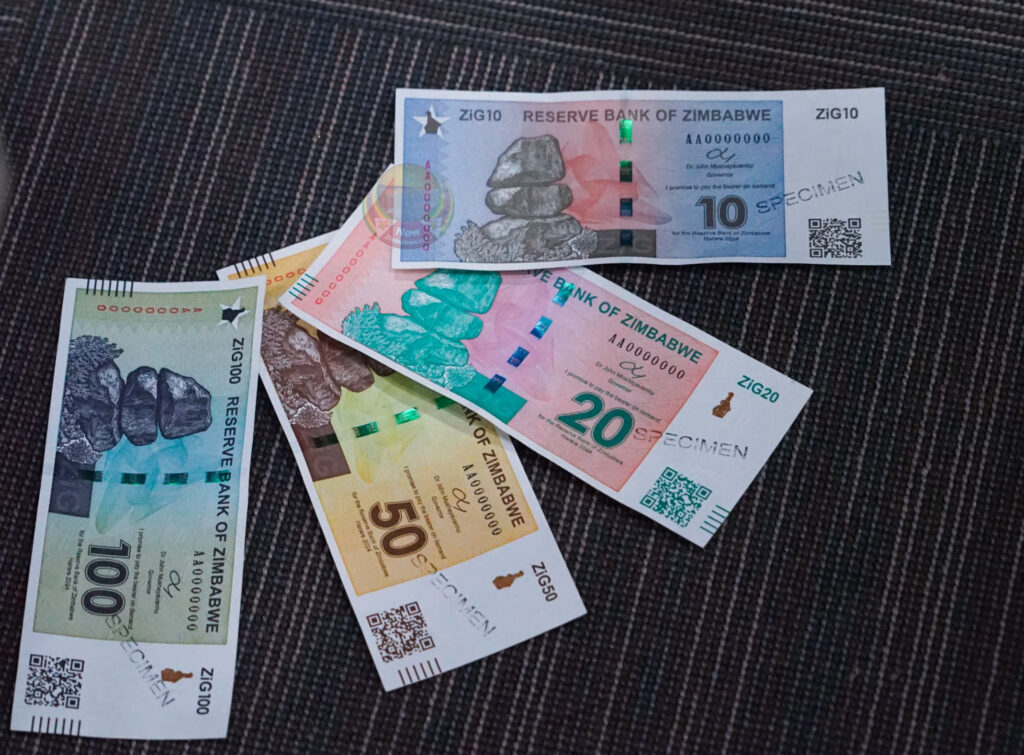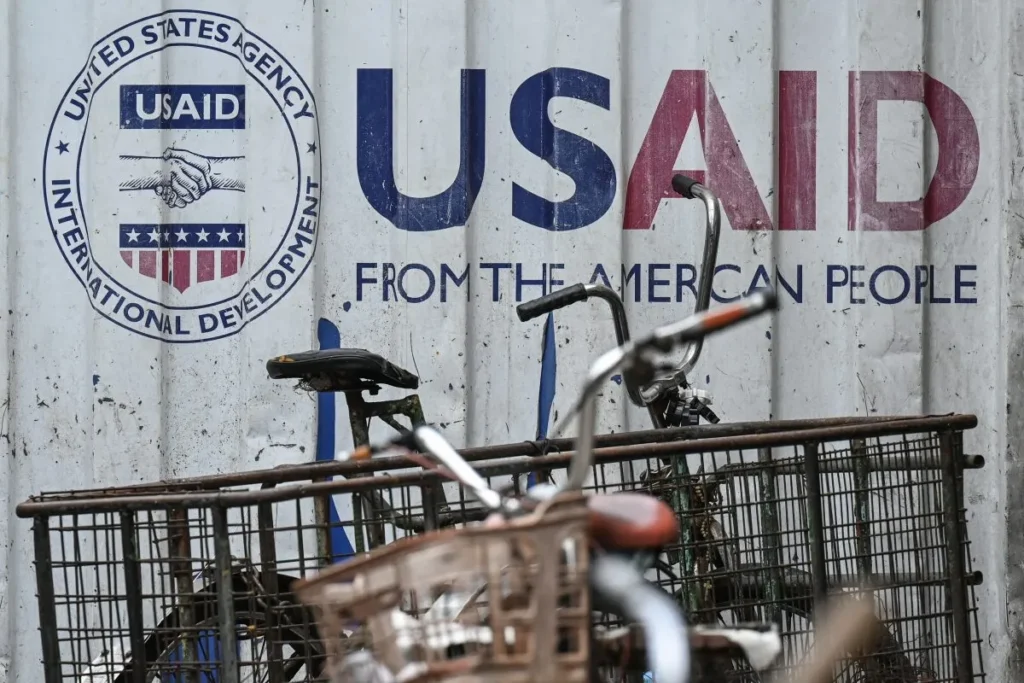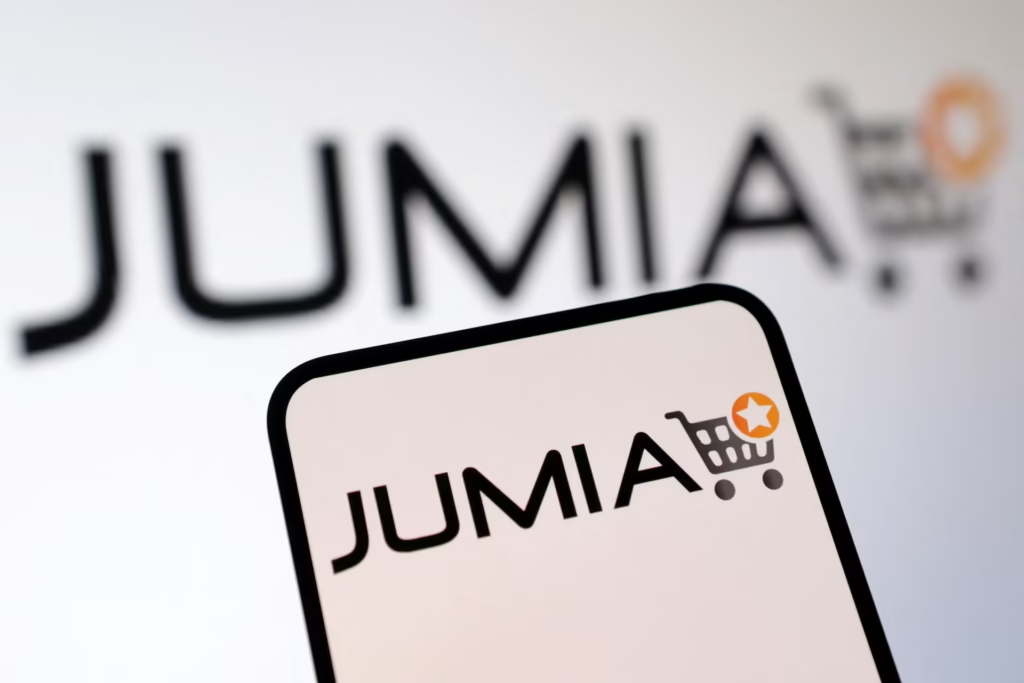
Zimbabwe’s launch of its new gold-backed currency, the ZiG, has been met with chaos and frustration.
Despite the official rollout on Monday, intended to replace the inflation-ravaged Zimbabwean dollar, most shops remained hesitant and continued accepting only US dollars on Tuesday.
The transition has been plagued by logistical hurdles.
Many banks struggled with offline systems as they adapted to the ZiG, leading to long queues of anxious Zimbabweans waiting to access their savings.
“I spent the entire morning waiting,” grumbled one account holder, “only to be told they have no idea when the systems will be back online.”
The currency swap has rendered the old Zimbabwean dollar virtually worthless overnight.
Images emerged of children playing with discarded piles of the defunct currency, highlighting the public’s sudden loss of purchasing power.
Compounding the woes, the new ZiG notes are yet to be printed and won’t be available until April 30th.
Commuters faced additional hardship as public transport operators refused the old currency, demanding a flat fare of US$1 – double the usual cost.
A similar situation unfolded at stores, with many vendors rejecting Zimbabwean dollars and resorting to offering oddments like biscuits as change due to a lack of ZiG coins.
Shopkeeper Julius Muza explained his decision to stop accepting the old currency, citing customers’ desperate attempts to “dump” their now-worthless bills.
The Zimbabwean government hopes the ZiG, backed by a basket of foreign currency and precious metals, will stabilize the floundering economy.
The Zimbabwean dollar has lost nearly all its value against the US dollar in the past year, pushing inflation to triple digits before settling at 55% in March.
This economic turmoil, coupled with widespread poverty, unemployment, and drought, has placed a heavy burden on Zimbabwe’s 16 million citizens.
The success of the ZiG remains uncertain, with its initial rollout marred by logistical shortcomings and public apprehension.




